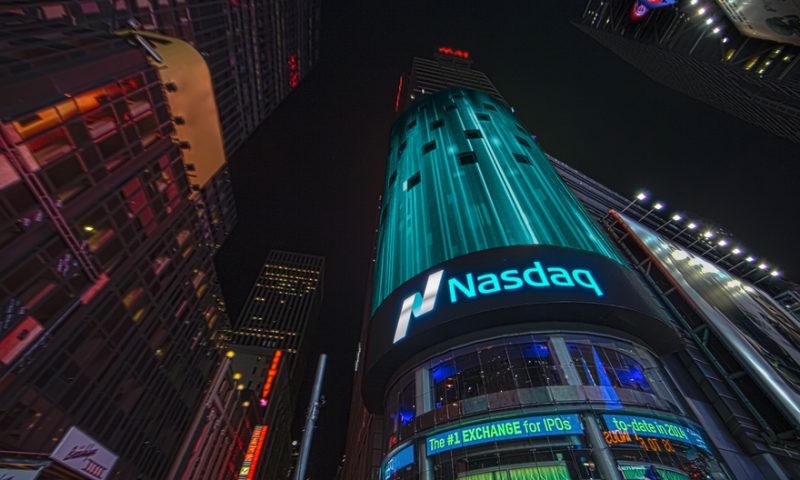AlloVir has raised $276 million in an upsized IPO to fund development of allogeneic T-cell treatments for viral diseases. The money will equip AlloVir to embark on a broad clinical development program for a phase 3-ready cell therapy that targets five viruses.
Massachusetts-based AlloVir generates off-the-shelf virus-specific T cells in donors before stimulating their peripheral blood mononuclear cells to selectively activate and expand the therapeutic cells. By giving patients T cells that partially match their HLA subtype, AlloVir thinks it can kill virus infected cells without harming healthy cells or causing graft-versus-host disease.
Viralym-M is the most advanced manifestation of the approach. Baylor College of Medicine has taken the treatment for five common viruses through phase 2, setting AlloVir up to push the drug toward approval while generating clinical proof-of-concept data in other indications.
AlloVir plans to spend $98 million to take Viralym-M through phase 3 trials in immunocompromised patients post allogeneic hematopoietic stem cell transplant (HSCT) who have complications linked to hemorrhagic cystitis, cytomegalovirus or adenovirus. The phase 2 linked adenovirus Viralym-M to a 93% clinical response rate in HSCT patients with one or more treatment-refractory infections.
The size of the IPO means AlloVir has enough money to pursue other opportunities. In addition to the three phase 3 trials, AlloVir plans to start three phase 2 trials to test Viralym-M in the prevention of multi-virus infections in HSCT patients, and the treatment of BK and cytomegalovirus in kidney and solid organ transplant recipients, respectively.
AlloVir has set aside $83 million for the phase 2 program, leaving it with cash to spend on two other assets. A second cell therapy, ALVR106, is due to enter the clinic in autologous and allogeneic HSCT patients with respiratory viral diseases in the fourth quarter. AlloVir has earmarked $56 million for work on ALVR106.
A further $33 million will go toward a phase 1/2 trial of AlloVir’s COVID-19 prospect. AlloVir joined the race to develop a COVID-19 treatment in March, teaming up with Baylor College of Medicine to create an off-the-shelf cell therapy against SARS-CoV-2 and other coronaviruses. The resulting drug, ALVR109, is made of CD4+ and CD8+ virus-specific T cells generated from healthy donors.
Baylor filed an IND for ALVR109 in June, only for FDA to hit it with a clinical hold earlier this month amid “safety concerns related to the quality of ancillary reagents unique to ALVR109.” Despite the setback, AlloVir still expects the trial to get underway this year and deliver top-line data in 2021.

